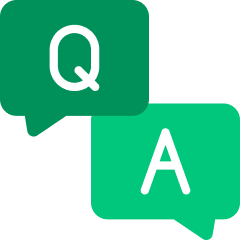Does what I say count?

TheProject

Decision-making and relationship-building in the youth mental health care encounter
This project will explores the interactions and communicative processes between mental health service providers and the youth (14-25 years old) they serve.
This research focuses on understanding ways to support youth participation during the one-on-one clinical mental health care encounter to improve outcomes for youth.
It also aims to support clinical reflexivity for and with service providers.

Why are wedoing this?
Youth engagement is at the heart of local mental health service networks for young people around the world.
While there’s growing evidence that these accessible services are effective, we still need to pay more attention to how youth interact with service providers during one on one meeting.
One important ethical challenge is related to the extent to which interactions between practitioners and youth are recognizing and responding to youths’ experiences. How is youth knowledge of themselves, their context, and their needs used to make sense of complex practice situations? By offering a clear idea of what youth participation within a mental health care encounter looks like and the ‘winning’ conditions to support it, this project will contribute to practice-based scholarship in social work and youth mental health praxis by combining reflection and action to generate knowledge and ultimately transform that practice.

Researchquestion
How are the experiences and perspectives shared by youth taken into consideration and transformed into knowledge for the purpose of shared decision-making and intervention planning?

How are wedoing this?
1. Sociodemographic questionnaire
2. Audio-recording of a care encounter (this won’t be used as data)
3. Stimulated recall interviews in groups of two (youth & youth workers)
4. Talk-back focus groups

What is a stimulated call interview?
It is a way to gain deeper insights into how participants respond to specific moments in their interactions. We will use questions and prompts to help them share their thoughts, concerns, and feelings after hearing excerpts from an audio recording of their care encounter.
It’s important to note that the recording isn’t treated as data for this research; instead, it serves as a tool to spark meaningful dialogue and reflection.

What's Next?
We are currently recruiting participants in three CIUSS/CISSS in urban centres in Québec. We will have more news next year!
Stay tuned!


